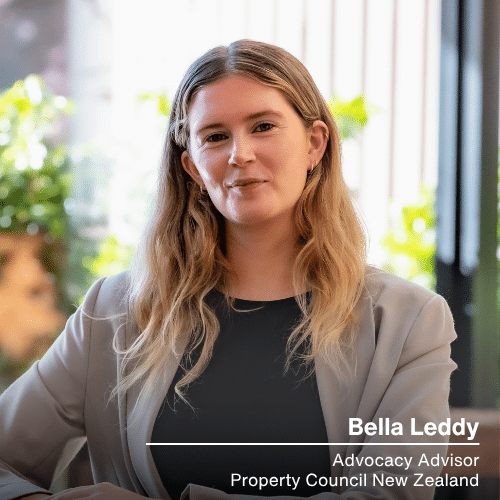The Government has released a draft proposal to simplify local government by reshaping how regional decisions are made.
The biggest shift is the replacement of elected regional councillors with a new governing body called a Combined Territories Board (CTB). Instead of voting for regional councillors, your mayor will now represent your community at the regional level. This reform will be optional for unitary authorities and looks to exclude Auckland as a unitary authority.
All current regional council powers will carry over to the CTB, including:
- Managing rivers, lakes, air quality, coasts, and environmental regulation
- Implementing Treaty settlement obligations carried out by regional councils
- Transport planning and public transport
- Civil defence and emergency management
- Resource management functions, including consenting (until replaced by the new RM system)
- Asset management for regional infrastructure
- CTBs must still meet all statutory consultation and decision-making obligations and will run meetings similarly to a council
How will CTBs make decisions?
Every mayor has voting power weighted by the population they represent (i.e Wellington City can expect greater voting power when captured in the Greater Wellington CTB). The Local Government Commission may adjust this to ensure smaller communities are fairly represented. The consultation is seeking feedback on alternative models, including the Government appointing Crown Commissioners with varying levels of influence.
What happens next?
Every CTB must prepare a Regional Reorganisation Plan within two years. These plans will:
- Map all council functions
- Explore structural options, such as shared services, joint agencies, or full amalgamation
- Recommend the best long-term governance structure for the region
We welcome a more strategic approach to local governance which should improve efficiency and regional coordination. We support amalgamation where economies of scale make sense, especially where it improves infrastructure delivery and financial sustainability. We know these changes are being made to support the new regional spatial planning requirements yet to be confirmed under the Resource Management Act reform, which we see as a strong mechanism to coordinate land use, infrastructure, housing, and growth across a wider region.
We’ll be working on a submission for this reform, taking the opportunity to highlight the need for property development, investment and infrastructure expertise that the private sector can bring to regional decision-making.
For further questions, please contact Bella Leddy.
Author | Bella Leddy
As an Advocacy Advisor, Bella supports the development of policy and advocacy initiatives that reflect the real-world experience of our members.
With a Bachelor of Laws and Politics from Otago University and previous experience as a policy intern at the Department of Internal Affairs, Bella brings both a sharp analytical mind and a genuine passion for public policy. She’s particularly energised by engaging with members to ensure our advocacy is grounded in industry insight and practical solutions.
Extroverted, thoughtful and service-focused, Bella thrives in roles that connect people and ideas. Outside the office, she channels her energy into teaching group fitness classes – including yoga, pilates and spin – and is always up for a good political yarn.


